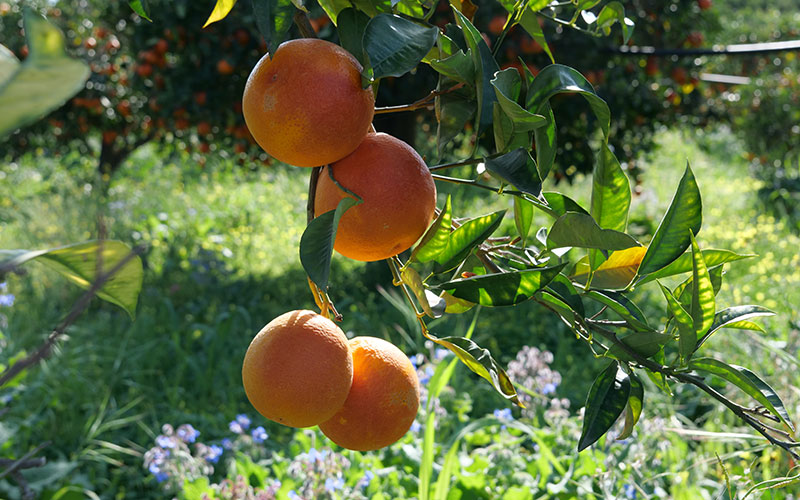Increase in psyllid during budding period raises alarm for citrus growers
The arrival of new shoots in orange groves, which takes place in the second half of the year, marks a critical period for citrus growers in the citrus belt. This phase, which runs from July to October, accounts for between 50 % and 80 % of annual shoots, depending on the region.

The arrival of new shoots in orange groves, which takes place in the second half of the year, marks a critical period for citrus growers in the citrus belt. This phase, which runs from July to October, accounts for between 50 % and 80 % of annual shoots, depending on the region. The process intensifies with the onset of rainfall, requiring stricter control of the psyllid — an insect that feeds on the shoots and transmits the bacterium that causes citrus greening. Data from the Alerta Psilídeo platform show a 55 % increase in the number of shoots in the second half of July compared with the first half.
This stage of plant development is particularly delicate, as new shoots are highly vulnerable to psyllid attack. Fundecitrus researcher Juan Camilo Cifuentes Arenas highlights the importance of strengthening phytosanitary measures, especially spraying, until the leaves are more developed and less susceptible.
“These shoots are the most favorable for the psyllid to feed on and, above all, to transmit the greening bacterium. That is why more than 50 % of psyllid captures occur during this period. The greater the budding, the more food is available — and the higher the incidence of the insect,” explains Arenas.
According to the platform, psyllid captures in traps increased by 10 % in the second half of July compared with the previous fortnight.
Diseased Plants: More budding, greater risk
The researcher also draws attention to the different behavior of infected plants.
“Because of greening, they tend to sprout in much greater numbers and up to two months earlier than healthy plants, which increases the chances of infection and the spread of the disease. This is why the moment calls for constant vigilance from growers and stricter management strategies,” Arenas stresses.
Scource: Fundecitrus









